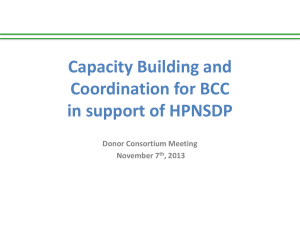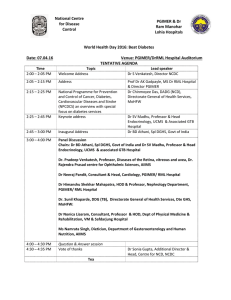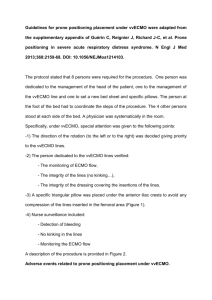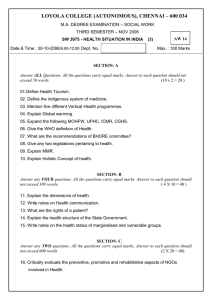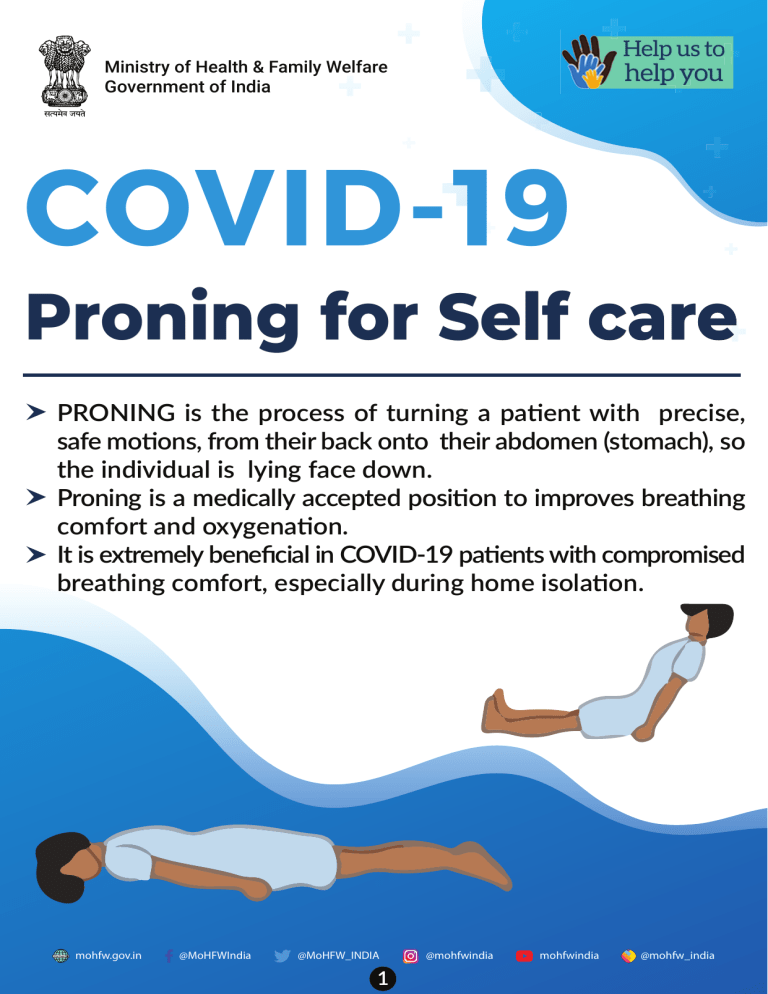
Ministry of Health & Family Welfare Government of India COVID-19 Proning for Self care PRONING is the process of turning a patient with precise, safe motions, from their back onto their abdomen (stomach), so the individual is lying face down. Proning is a medically accepted position to improves breathing comfort and oxygenation. It is extremely beneficial in COVID-19 patients with compromised breathing comfort, especially during home isolation. mohfw.gov.in @MoHFWIndia @MoHFW_INDIA 1 @mohfwindia mohfwindia @mohfw_india IMPORTANCE OF PRONE LYING Prone positioning improves ventilation, keeps alveolar units open and breathing easy. Proning is required only when the patient feels difficulty in breathing and the SpO2 decreases below 94 (less than 94). Regular monitoring of SpO2, along with other signs like temperature, blood pressure and blood sugar, is important during home isolation. Missing out on hypoxia (compromised Oxygen circulation) may lead to worsening of complications. Timely proning and maintaining good ventilation could save many lives. POSITIONING OF PILLOW One pillow below the neck One or two pillows below the chest through upper thighs Two pillows below the shins mohfw.gov.in @MoHFWIndia @MoHFW_INDIA 2 @mohfwindia mohfwindia @mohfw_india For Self-Proning: You will need 4-5 Pillows. Regular alterations in lying position Best is to not spend more than 30 minutes in each position Caution: Avoid proning for an hour after meals Maintain proning for only as much times as easily tolerable One may prone for up to 16 hours a day, in multiple cycles, as felt comfortable Pillows may be adjusted slightly to alter pressure areas and for comfort Keep a track of any pressure sores or injuries, especially , around bony prominences mohfw.gov.in @MoHFWIndia @MoHFW_INDIA 3 @mohfwindia mohfwindia @mohfw_india Avoid Proning in conditions like: Pregnancy Deep venous thrombosis (Treated in less than 48 hours) Major cardiac conditions Unstable spine, femur, or pelvic fractures Non-self pronating patients (in emergency): Five-step method to place a patient in the prone position using a regular bed, flat sheet, and family members Using a flat sheet, pull the patient to one side of the bed. Place the flat sheet around the arm that will pull through (the side you are turning toward). A second flat sheet is placed on the bed and tucked under the patient. This sheet will pull through as you are turning the patient. Using the sheet, turn the patient over and position the patient prone. The arm and sheet will pull across the bed. Pull and center the patient. Discard the sheet that was used to place the patient in the supine position. Straighten lines and tubes. This may need modification with emerging evidence mohfw.gov.in @MoHFWIndia @MoHFW_INDIA 4 @mohfwindia mohfwindia @mohfw_india


